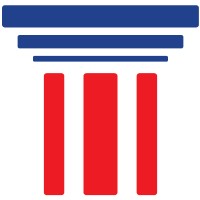
Bay Area Regional Collaborative (BARC)
The Bay Area Regional Collaborative, or BARC, is a consortium of government agencies in the San Francisco Bay Area working together to address issues of regional significance, with a focus on climate change. As a forum for addressing cross-cutting challenges facing the nine-county San Francisco Bay Area, BARC’s ultimate goal is to improve the quality of life for all Bay Area residents. To achieve this, we bring together member agencies and other key stakeholders to advance collaborative, interdisciplinary work on a range of regional issues that cannot be fully addressed by any one agency. BARC is comprised of a Governing Board made up of board members and commissioners from member agencies. BARC also actively engages the executive leadership of the member agencies in collaborative problem solving, including the leadership of BARC’s three non-voting partner agencies. BARC staff carry out work at the direction of the Governing Board, working collaboratively with agency staff and regional stakeholders to implement cross-cutting initiatives. Our voting member agencies are the Metropolitan Transportation Commission (MTC), Association of Bay Area Governments (ABAG), Bay Area Air Quality Management District (BAAQMD), and the Bay Conservation and Development Commission (BCDC). Our non-voting partner agencies include the California State Coastal Conservancy (SCC), San Francisco Bay Regional Water Quality Control Board, and Caltrans District 4.






